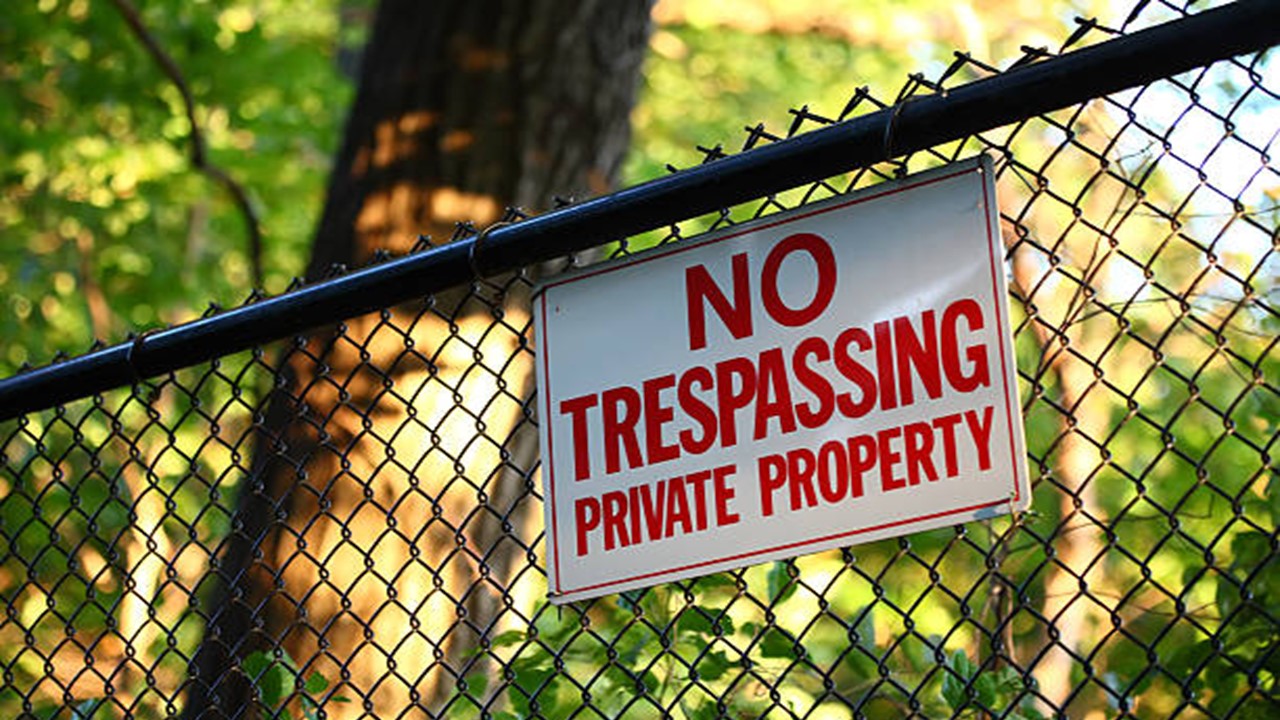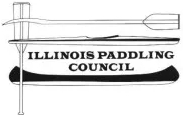
Holm v. Kodat – Decision Time!
A few years back, Holm paddled past Kodat’s property on the Mazon River near Braidwood and Kodat cried foul. Kodat owned property along the bank of the legally “non-navigable” Mazon River – a favorite for fossil hunters and fossil hunting businesses, which both men owned. According to Illinois law, Kodat also owned the river. So Holm was trespassing on his land. While Holm was never actually arrested, the case went to trial court and in the end, Kodat won the day. Kodat could legally have a person arrested for trespassing on “his” privately owned section of the Mazon River if they merely paddled past “his” property.
The case was appealed by Holm in the 3rd District Court of Appeals (Holm v. Kodat, 2021 IL App (3d) 200164). Third District Justice Wright delivered the judgment of the court, with Justices Holdridge and Lytton concurring. Justice Wright wrote:
“based on the law that’s been provided to me, I’m going to grant the defendants’ (Kodat) motion and deny the plaintiffs’ (Holm) motion on the grounds that the fact that the Mazon River is factually non-navigable and the fact that there is private ownership of the bed of the river, which carries with it the exclusivity of ownership in the water above the property…”
This decision, while reaffirming Illinois law, also points to a key problem with Illinois law as written. That is, owners who own property on the banks of rivers also “own” the waterway and – according to this Holm decision by the Appellate Court – have the legal right to restrict access to it.
Now Holm is appealing the case to the State of Illinois Supreme Court.
In Holm v. Kodat (Holm v. KODAT, 175 NE 3d 119 – Ill: Supreme Court 2021), the rights of all paddlers on all of the rivers that IDNR has designated as “non-navigable” (all but about 30 rivers in our state) are at stake.
This Supreme Court case should be on the docket for the summer session of the court, if not sooner. And Will County Forest Preserve District has already filed a “Friend of the Court” or “Amicus” Brief to support a decision favorable to Holm. Will County Forest Preserve District writes that the implications of the Appellate Court decision are that:
“if boaters own property along a nonnavigable river, they cannot travel downstream without the consent of every other owner along the river’s route through the duration of their trip. Thus, if just one property owner is uncooperative, that individual can potentially impede all other owners from sharing in the full recreational value of the river. Or more problematic, the property owner on one side of the river could permit access, while the owner on the other side does not, resulting in a crisscrossed and patchworked route for the boater. Such a result is impractical and threatens to diminish the value of property along nonnavigable rivers, particularly those rivers that are frequently used for recreational purposes.”
As the Will County Forest Preserve put it:
“The impact of the appellate court’s decision is potentially wide-reaching. Of the 87,110 miles of rivers and stream in Illinois, only approximately 30 rivers (or portions thereof) are classified as navigable. See Illinois Department of Natural Resources, Illinois Rivers & Streams, https://www2.illinois.gov/dnr/education/pages/ilriversstreams.aspx (last visited Nov. 1, 2021) (“Illinois is bordered by 880 miles of rivers and has 87,110 miles of rivers and streams within its borders.”); 17 Ill. Admin. Code 3704.Appendix A (listing public, navigable waters).”
While the decision of the Illinois Supreme Court is likely to be just the beginning salvo in a long path to correcting the laws of our fair state to become more favorable toward we, the recreational users of Illinois rivers, a favorable decision on behalf of Holm – and by extension on behalf of recreational paddlers statewide -would be a major development to guide the future direction of Illinois river law. An unfavorable decision would be a near disaster.
Stay tuned for further developments and how you, or your paddle club or agency, can help!
